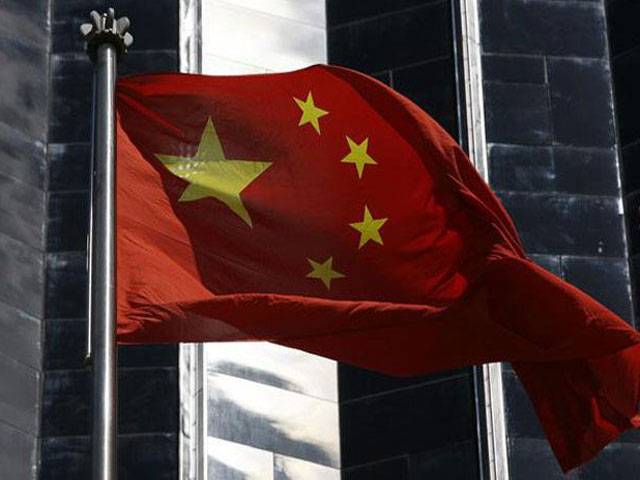ISLAMABAD - Pakistan relished two positive developments yesterday as time-tested ally China stopped India’s bid to enter the Nuclear Supplier Group and peace efforts with Afghanistan went a step further.
Though Pakistan’s own application was not given any significance, its top diplomats were happy the 26th plenary meeting of the group held in Seoul concluded without any fruitful results for New Delhi.
China remained the last major obstacle in the way of India’s membership bid in the NSG as New Delhi claimed 47 of 48 members supported New Delhi's application.
China raised a procedural block, refusing to admit the India membership issue to be discussed in the meeting.
Brazil, Austria and Ireland said that because India had not signed the Nuclear Non-Proliferation treaty or NPT, it cannot be shown special preference despite the US openly urging just that.
Neither Pakistan nor India has signed the NPT, generally seen as a prerequisite to NSG membership.
India claimed that of the 48 members of the NSG, 38 countries broadly backed it. The others said that before a decision can be taken on India, the nuclear bloc must first establish criteria that will be used equally for applicants who have not signed the non-proliferation treaty. Switzerland said that India's entry must be discussed in the context of these criteria.
Even as India failed to gain membership of the Nuclear Suppliers Group, Indian Ministry of External Affairs spokesman Vikas Swarup underlined that a number of countries supported India’s membership and appraised New Delhi’s application positively.
Officials at the foreign ministry told The Nation, China had played a role of a real friend to prevent an imbalance in the religion.
“Pakistan and China were not playing as spoilers for India but both believed there will be a great imbalance and discrimination if the NSG membership is granted to India and not Pakistan,” a senior official said.
Last day President Mamnoon Hussain met with Chinese President Xi Jinping on the sidelines of the Shanghai Cooperation Organisation summit in Tashkent and thanked him for China’s unequivocal support for Pakistan’s candidature for the membership of NSG.
Meanwhile, Adviser to Prime Minister on Foreign Affairs Sartaj Aziz met Afghan Foreign Minister Salahuddin Rabbani on the sidelines of the SCO summit in Tashkent, the foreign office said yesterday.
According to a joint statement issued after the meeting, both the leaders agreed to constitute a high level bilateral mechanism for consultation and coordination on various important issues relating to bilateral relations and cooperation, including security and movement of people and vehicles between the two countries.
The proposed mechanism will be co-chaired by Adviser Sartaj Aziz and Afghan Foreign Minister Salahuddin Rabbani and with the participation of the National Security Advisers of the two countries.
“It will also have a joint technical working group to deal with the concerns of both countries,” the statement said.
The main purpose of this mechanism would be not only to address and resolve issues of concern to both sides through amicable means but also to prevent the recurrence of violent incidents like the ones witnessed recently in Torkham, it said.
The two sides also took this opportunity to review other aspects of bilateral relations.
They reaffirmed respect for each other’s sovereignty and territorial integrity and adherence to the principle of non-interference into each other’s internal affairs, it said.
Aziz and Foreign Minister Rabbani reiterated the mutual desire for strengthening bilateral relations for promoting peace, stability, counter terrorism and economic progress of both the countries. Towards this end, it was agreed to enhance mutual engagement in diverse areas to deepen cooperation.
The two sides specifically expressed their firm commitment to continue serious efforts towards eliminating the scourge of terrorism which poses a grave threat to the peace and security of the two countries, and the region. In this regard, they emphasised the need for close cooperation and coordination between the two countries at all levels.
While discussing bilateral relations, the two sides stressed the need for continuing joint efforts to promote peace and reconciliation in Afghanistan through timely and concrete actions resulting in tangible outcomes, including in the framework of the Quadrilateral Coordination Group process.






